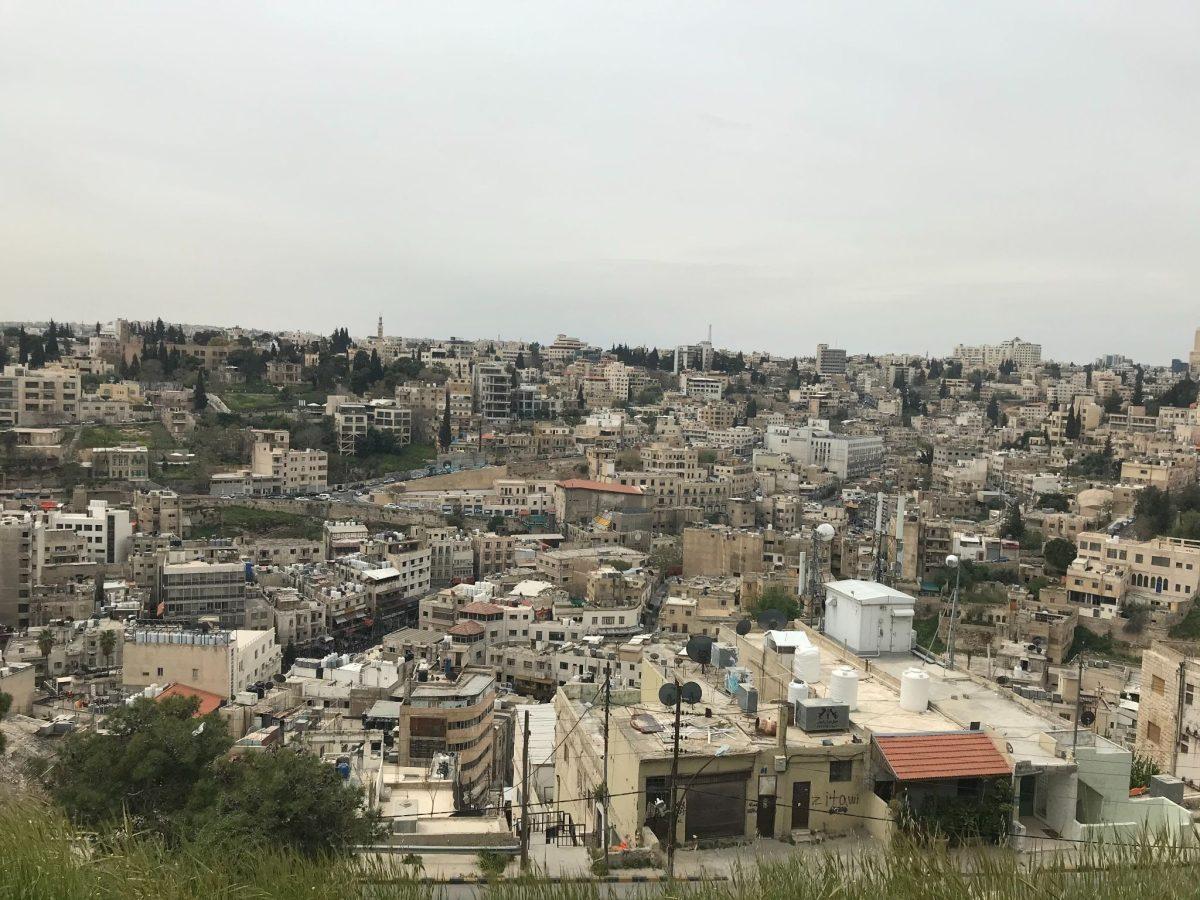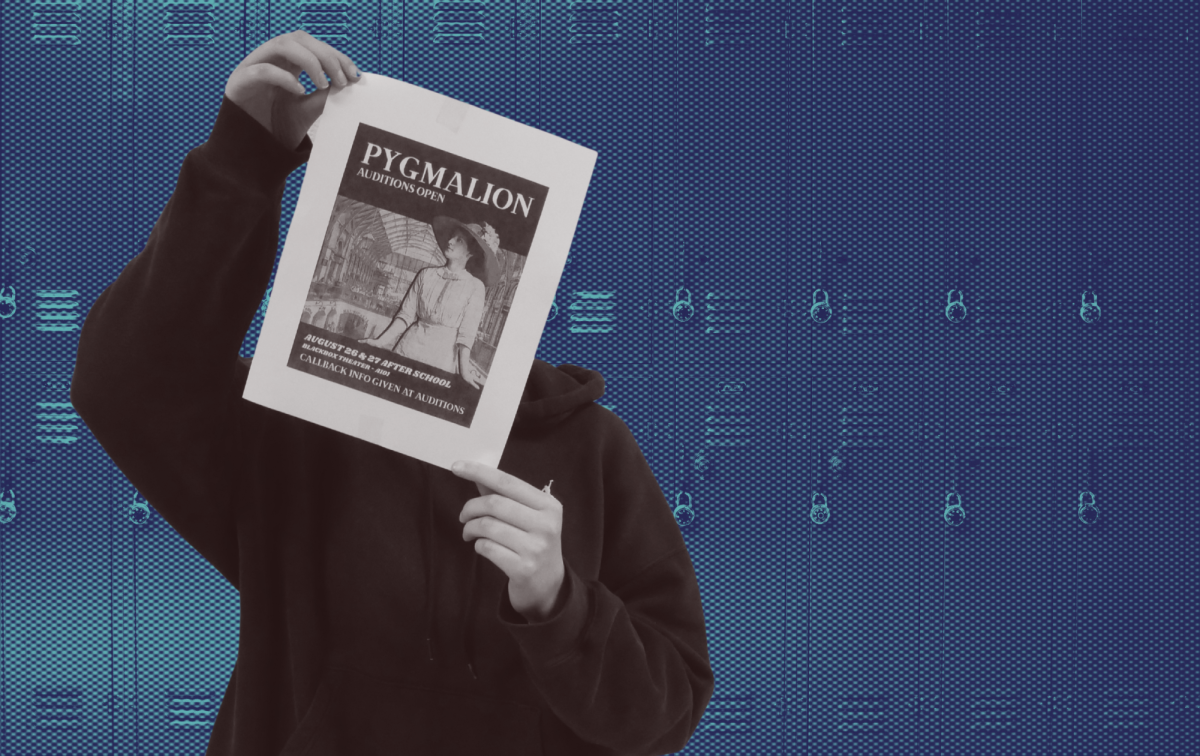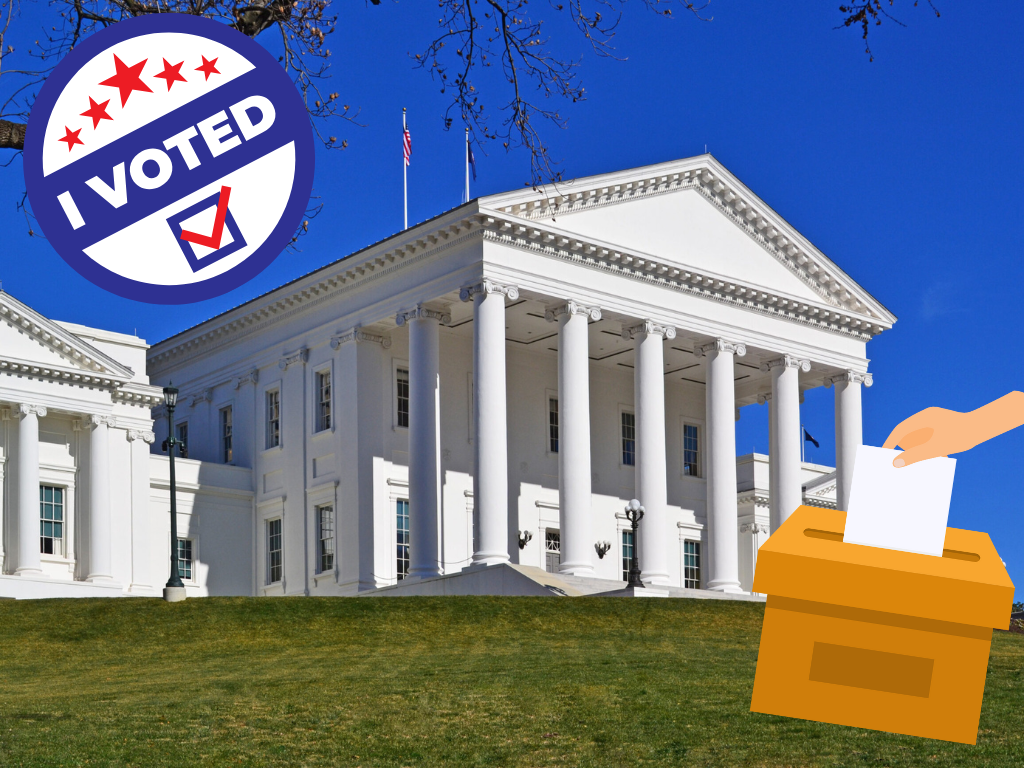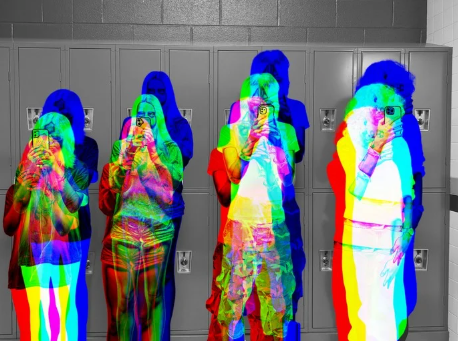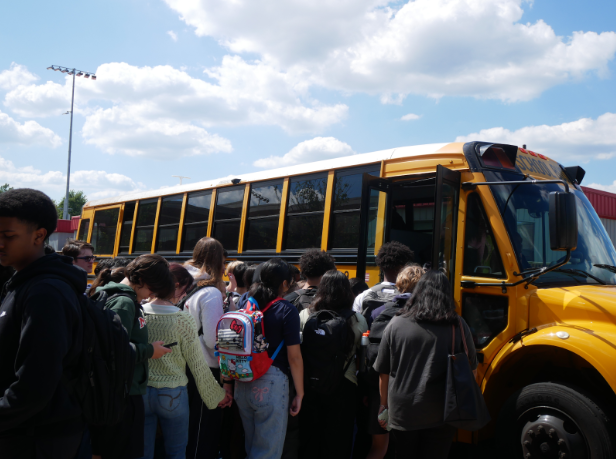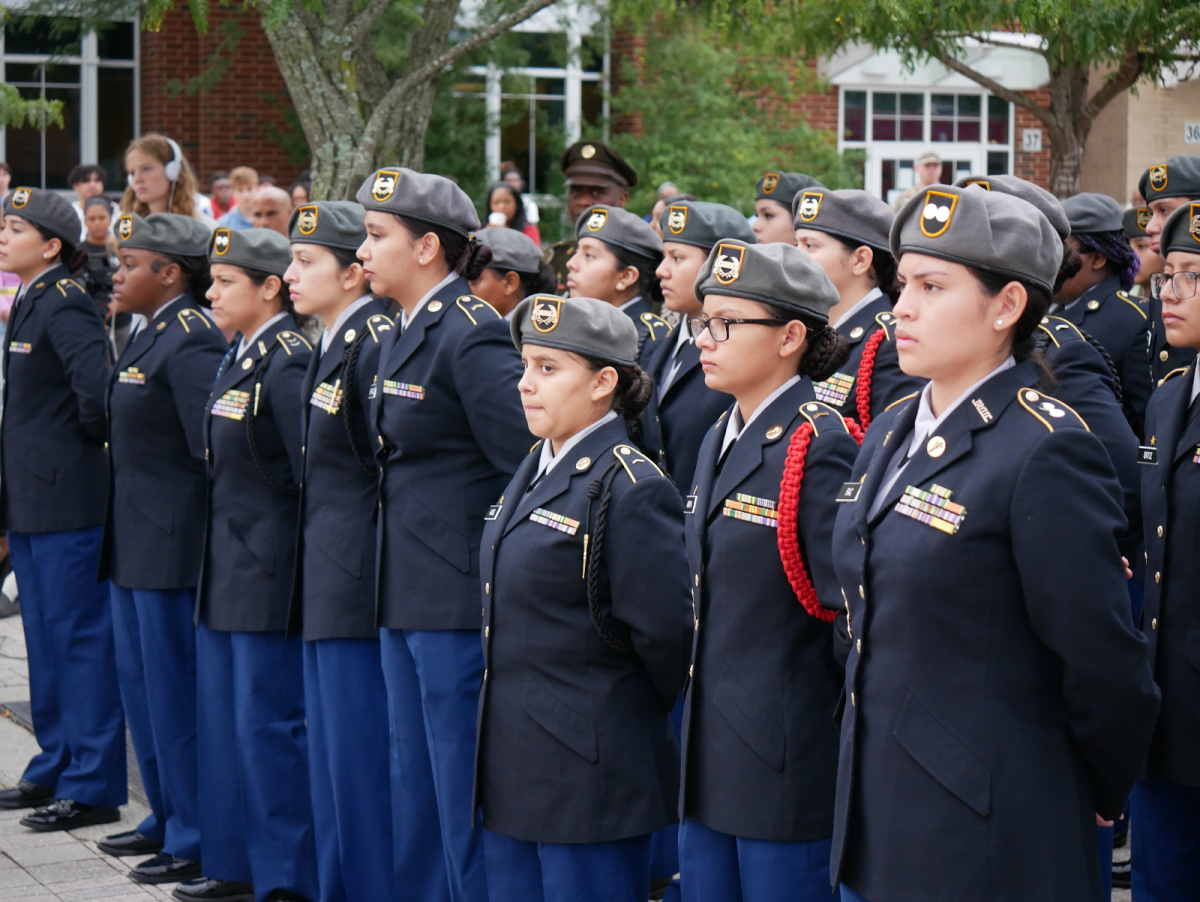The students of Alexandria City High School come from 145 countries and speak 132 languages. Theogony asked five ACHS students who are immigrants or children of immigrants about their culture and what being from different places means to them. This is what they said through email. The responses have been edited for clarity.
Meet the Students:
Conversation:
Where do you consider yourself “from” besides America?
Ruangsawasdi:
Bangkok, Thailand. It’s a great city, minus the traffic, the pollution and the occasional protests/clashes between demonstrators and the government (I was living in Bangkok when a literal military coup took place there in 2014. Nothing violent, though). Otherwise, Bangkok is a fun and historic city (also one of my favorite movies, Tomorrow Never Dies, was shot there – fun fact). I was born there. My mom is a Bangkokian. My grandfather’s cousin served as a policeman in the Bangkok Metropolitan Police Bureau. I guess I have strong Bangkokian blood.
Scott:
Besides being American, I consider myself wholly Tanzanian. Though I was not born in the East African country, my mother’s side of the family is mostly all there, and I hold them very close to my heart. I used to live in Tanzania when I was a young child; I spent my primary school years there. [My mother and I] try to go every two years if we can. The last time I had the pleasure of seeing my beautiful country was last summer.
Rico:
Whenever they ask me where I consider myself from, I say that I am from Bolivia because I was born there and lived 16 years of my life there. I met many people who became important to me, with whom I now only share memories.
How much connection do you still have with your culture/home country?
Ruangsawasdi:
Very substantial. I read Thai newspapers daily (I would like to give a shout out to the Bangkok Post — although sometimes your headlines and front-page layout break my heart, I still love you.) I am very interested and invested in Thai politics, as I have always been, specifically the much-anticipated-but-still-unscheduled Bangkok gubernatorial race (of course.) I still keep in touch with my friends and teachers from elementary school, and I still talk to all of my secondary school friends and some teachers (shout out to Suankularb Wittayalai School.) About half of my family still lives in Thailand, including my maternal grandmother. I have greatly reduced my consumption of Thai YouTube, though. I wish we could go back to the mid 2010s (like that was a long time ago.)
Ittleson:
I have a very large connection with Slovakia. My family still lives there, and I go to visit them whenever I can.
Roman:
I have visited and spoken some Arabic, and I eat food from these areas. My connection is primarily through my father and cousins, who were born and/or live there.
Scott:
In my house we don’t celebrate cultural traditions as much as we do religious ones, but my mother and I are in a DMV Tanzanian community where we host meetups for the community to talk about issues back home, have feasts, and party. The parties don’t start until late because Africans don’t arrive until at least three hours after the call time.
Rico:
I have a good connection with my culture. I remember historical dates such as the Anniversary of Cochabamba, which is the city where I was born. I also cook typical food from my country with my mother such as Pique Macho, Charque, Mani Soup, and Silpancho. I especially connect with food, because Cochabamba is the gastronomic capital of Bolivia.
Where do you consider home?
Ruangsawasdi:
I would say that, right now, Alexandria is home. I absolutely love Alexandria. But, of course, Bangkok will always be my birthplace and will always occupy a special place in my heart.
Ittleson:
I consider my home to be Alexandria and Bratislava since both of them have impacted me throughout my life.
Roman:
I consider Alexandria, Virginia home, but I feel connected to Jordan because of its relevance to my family’s life.
Rico:
I consider home where my mother, Consuelo, my middle sister, Camila, and my youngest sister, Antonella, who makes me smile every day, are, and where my father is, which is now in [Bolivia]. It doesn’t matter where it is, but only if my family is there.
Do you still celebrate any of your cultural traditions here? How else do you stay connected to your home culture?
Peerawut:
Yeah, kind of. My family occasionally takes me to Thai temples; they’re pretty fun. I also actually went to the Thai Embassy in Washington, D.C. with a family friend to celebrate Coronation Day. My family also runs Thai restaurants, so we are pretty well-versed in Thai cuisine. Even though I mainly consider myself Thai, I also consider myself part-Chinese through my father’s side. This is particularly amazing when Chinese New Year’s comes around — I love those red envelopes (spoiler alert: they contain money).
Ittleson:
I still celebrate all of the large holidays such as Christmas and Easter and the respective traditions that go with them. I stay connected with my home culture by continuing to speak the language and trying my best to be connected with family and friends online.
Roman:
The evil eye, the food, speaking Arabic.
Scott:
At home, we mainly preserve our culture with food and our language, Swahili. A staple in Tanzanian households is Ugali, which is sort of a cornmeal based food that we eat with our hands, similar to the Nigerian fufu. We eat it alongside chicken and mchuzi, which is basically the sauce that comes with making chicken. Mother also tells me stories of when she was young and the games she and her siblings would play in their backyard.
Rico:
Yes. We celebrate Good Friday, which is characterized by being accompanied by a great meal to share with the family. 12 dishes of food are cooked, and the festivity ends at dawn on Easter Sunday. I also like to listen to Bolivian folk music, and play a wind instrument called zampogna.
What are some positive memories you have related to either your home country or your culture?
Ruangsawasdi:
I have tons of fond memories from my time in Thailand. The biggest one that comes to mind right now, as I am listening to Sgt. Pepper’s [Lonely Hearts Club Band], is when my mom took me to a Beatles convention in Chiang Mai, which is a major city in Northern Thailand. That was a fun time. I met tons of other Beatles fans, and I bought several merchandise. The Bangkok Comic Con was also pretty fun. I got to see the Batmobile in person, how cool is that. Oh, also, I went to an Olivia Newton-John concert, that was quite fun as well (at this point you might say, “tell me more, tell me more!” Alright, I’ll tell you more, but only if we go to Thailand together — just kidding — unless?)
Ittleson:
I remember that every summer me and my grandmother would go into the mountains and hike constantly. I think by age 10 I knew most of the trails by heart. I am very happy and lucky to still have this opportunity. My grandfather was in the Army and is a Nuclear Physicist. I always enjoy traveling with him and working on projects.
Roman:
Seeing family members, being in Jordan for the first time and seeing the culture and land.
Scott:
Some positive memories I have of being back home are taking a ferry with my mother from the mainland over to Zanzibar. It was absolutely beautiful. The people were so nice, and we stayed at a beachside bungalow. I remember seeing the little Black children running on the hot sand to get to the clear blue water. The sun on their backs was a marvel to me.
Rico:
I recently spoke with some of my friends from Bolivia. I remembered that at school every Monday morning they made us sing the Bolivian national anthem and that they sang with emotion. When there were new students in sixth grade, they listened to us. I recall the colosseum, with innocent children singing their national anthem with great energy.
How have you preserved your culture in the United States? What differences and similarities have you seen?
Ruangsawasdi:
Each country in the Western hemisphere has different cultures; the same goes for Asia and any other continent. I would not go into details here, but there are a lot of differences. Perhaps one that I had to adjust to the most was the fact that you have to address your teachers by their surnames. In Thai culture, you formally refer to someone by their first-name, and informally by their nickname. For example, I knew my Canadian Social Studies teacher in Thailand as “Teacher Philip” and not “Mr. Anson.” It took a bit of getting-used-to to finally have that set in my head as the default setting. Apart from differences, though, of course, all cultures all have something in common. While sometimes different cultures place varying degrees of emphasis on something, they still have something in common. I believe that is what makes our global community so great: differences, diversity, and some common values.
Ittleson:
I preserve my culture by speaking the language and participating in activities and holidays. It’s harder to participate in holidays due to the fact that some foods are hard to find. It is different since you are not surrounded by lots of people celebrating the same event.
Roman:
Reading/speaking Arabic to family. Decorating my home with things from Jordan as a reminder of where we are from. Photos from father’s childhood/stories. There are differences in food, technology, cars and schools. There is more of a family bond; children stay in the house longer, and there is less attention [paid] to looks/material objects.
Scott:
I have noticed that many American children treat their families very differently than we do back home. I have been in many situations at friends’ houses where they just treat their parents so poorly, and it makes me sad because in Tanzania we have a lot of respect for our parents. It’s not necessarily a bad thing to speak up to your parents, just something I’ve noticed.
Rico:
I preserve my culture by eating in Bolivian restaurants, talking to people who were born there, and cooking Bolivian meals. I think everything is different: the taste of the same dishes, and the time one spends with the family, because here my mother is always working.
What’s something you wished people understood about immigrants and kids of immigrants? How about you or your culture specifically?
Ruangsawasdi:
I cannot speak for all immigrants or kids of immigrants, but I think many would agree when I say that I wish that people would know that many immigrant kids are just as enthusiastic and interested about the issues of their newfound residence and want to make a difference in their community just as much as someone who might have lived in the community for their whole life — they might just require some assistance to adjust.
Ittleson:
I think that people need to understand that you can’t group all immigrants into certain stereotypes. My group tends to fly under the radar when it comes to mass immagration talks.
Roman:
The connection to where we are from can lessen over time from arriving. Many parents will try and cover up their heritage, and seeing this can put a sense of shame on where you are from. Another thing to mention is the generational trauma that many face, immigrating here and the stories many parents will tell their children have an effect on one’s mental health. My connection to Jordan is there, but I struggle keeping that connection living in Virginia. (Another example is) pronouncing my last name and understanding how I want to change it to how it originally was before 9/11, Abu-Romman.
Scott:
More than anything I’d just like for people to not see us as poor. Africa has cities and plains just like any other continent. Continent. The way that people put all 54 countries together and generalize that we ALL don’t have water and ALL of Africa’s children are malnourished is completely insensitive and not true at all. People should stray away from this Eurocentric way of thinking and, honestly, learn some geography.
Rico:
In the case of me and my sister, we felt strange while arriving in the United States, because we left relatives that we may not be able to see again for a couple years. There are childhood friends who for whatever reason just stop talking to you, and many times you feel lonely, with the fear of trusting new people, but with a great desire to be the best.
What role does language play in preserving your culture?
Ittleson:
A large one since there are only 5 million people who speak it. It forms a close community of speakers and people who had similar experiences. This creates an environment where the culture is preserved.
Ruangsawasdi:
It’s a great way to connect.
Roman:
Keeping language alive, being able to communicate with my family and to understand their stories and accent.
Scott:
I believe that language holds a huge role in preserving our culture because the entire continent is very speech-and-storytelling-based as a mode of teaching. Not much is written down, so many things are brought down through the generations in song or story. It’s a critical part of who we are, and without these stories told in our language we wouldn’t be able to progress as a people. I have noticed that a lot of children of the diaspora in the states use Swahili terms or names in place of the names that were stolen from them generations ago. They feel a sense of home and connection in these ethnic names. Many don’t know where they were taken from, so they do research and figure out within themselves what best resonates with who they want to be or what they see in the name. All names have meanings.
Rico:
Language plays a very important role. Each country has their own idioms and customs, such as the accent that differentiates languages from each other.


